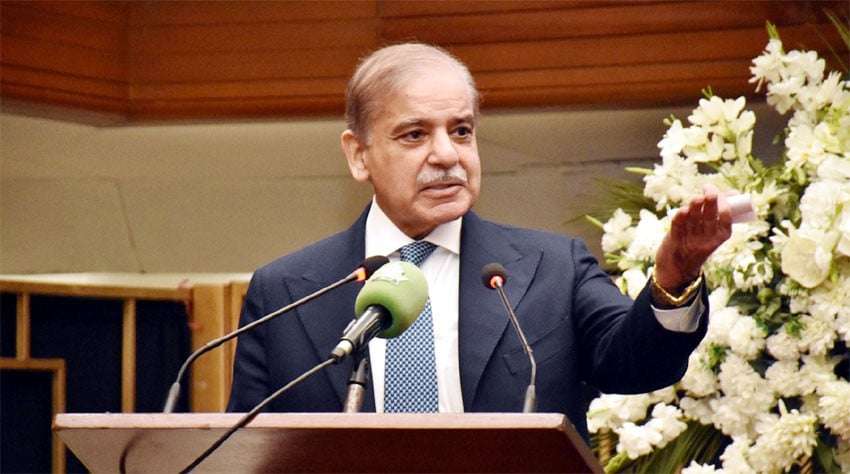Judicial Independence and Separation of Powers at the Forefront
Introduction
The Pakistan Tehreek-e-Insaf (PTI) has escalated its efforts to safeguard judicial independence by filing a petition in the Supreme Court, challenging the 26th Constitutional Amendment. This bold move has sparked nationwide debate about the role of judicial autonomy and the separation of powers enshrined in the Constitution.
The Crux of PTI’s Petition
Violation of Judicial Independence
The PTI contends that the 26th Amendment compromises the principles of judicial independence, one of the cornerstones of Pakistan’s Constitution. Their primary argument centers on the claim that:
- Parliament lacks the authority to alter the fundamental structure of the Constitution.
- Any amendments that undermine judicial autonomy are unconstitutional and should be declared void.
The petition further asserts that judicial independence is not just a principle but an inviolable component of Pakistan’s legal framework.
The 26th Amendment: What It Entails
Key Features of the Amendment
The 26th Constitutional Amendment, passed in October 2024, introduced significant changes to Article 175-A of the Constitution. These changes primarily impacted the judicial appointment process:
- Establishment of a Parliamentary Committee
- The amendment replaced the seniority-based system for appointing the Chief Justice of Pakistan with a parliamentary committee-driven selection process.
- Modifications in Judicial Procedures
- The amendment shifted the decision-making authority from within the judiciary to Parliament, a move critics argue compromises the independence of the judiciary.
PTI’s Standpoint on Judicial Autonomy
Core Arguments
The PTI’s petition underscores the following points:
- Constitutional Structure: Parliament cannot amend the Constitution in a manner that alters its fundamental structure.
- Separation of Powers: The amendment disrupts the balance between the judiciary, executive, and legislature.
- Rollback of Judicial Progress: The changes undermine decades of progress made toward safeguarding judicial autonomy.
Call for Immediate Action
The party has requested the Supreme Court to:
- Annul the 26th Amendment.
- Suspend the judicial commission’s role in judicial appointments until a verdict is issued.
- Declare all actions under the amendment as void.
PPP’s Defense of the Amendment
Bilawal Bhutto Zardari’s Stance
Bilawal Bhutto Zardari, Chairman of the Pakistan Peoples Party (PPP), has been vocal in defending the 26th Amendment. Addressing the controversy, Bilawal stated:
- Parliamentary Authority: Only Parliament has the authority to reverse or amend the 26th Amendment.
- Respect for Constitutional Procedures: He stressed that all institutions, including the judiciary, must respect the Constitution and laws.
Warning Against Judicial Interference
Bilawal warned that any attempts by institutions other than Parliament to undo the amendment would not be accepted by the PPP or the broader political spectrum.
Implications of the 26th Amendment
Transformation in Judicial Appointments
The amendment represents a break from the tradition of appointing the senior-most judge as the Chief Justice of Pakistan. This change:
- Shifts control over judicial appointments from the judiciary to a parliamentary committee.
- Introduces a potential for politicization in the appointment process.
Rising Tensions in the Judiciary
The amendment has led to divisions within the judiciary itself. Notably:
- The selection of Justice Yahya Afridi as Chief Justice in October 2024 triggered significant backlash.
- Disagreements on judicial benches hearing cases related to the amendment have exposed internal fractures.
Legal and Political Challenges Ahead
Supreme Court’s Role
The Supreme Court is now tasked with navigating this complex issue. A constitutional bench is scheduled to hear petitions against the 26th Amendment on January 27. The outcome of this hearing could:
- Set a precedent for future constitutional amendments.
- Redefine the balance of power among Pakistan’s institutions.
Public and Political Reactions
The amendment has polarized opinions, with legal experts, political parties, and the public debating its implications for Pakistan’s democratic fabric.
FAQs About the 26th Constitutional Amendment
1. What is the 26th Constitutional Amendment?
The 26th Amendment introduced changes to the judicial appointment process, including the establishment of a parliamentary committee to select the Chief Justice of Pakistan.
2. Why is the PTI opposing the amendment?
PTI argues that the amendment compromises judicial independence and disrupts the constitutional balance of power.
3. How does the PPP justify the amendment?
The PPP claims that the amendment strengthens parliamentary authority and emphasizes respect for constitutional procedures.
4. What are the implications of the amendment?
The amendment shifts control of judicial appointments from the judiciary to Parliament, raising concerns about potential politicization.
5. What’s next for the 26th Amendment?
The Supreme Court is set to hear petitions against the amendment on January 27, which will determine its future.
Conclusion
The debate surrounding the 26th Constitutional Amendment is emblematic of broader struggles within Pakistan’s political and judicial landscape. As the Supreme Court prepares to hear the case, the nation awaits a decision that could redefine the principles of judicial independence and the separation of powers.



